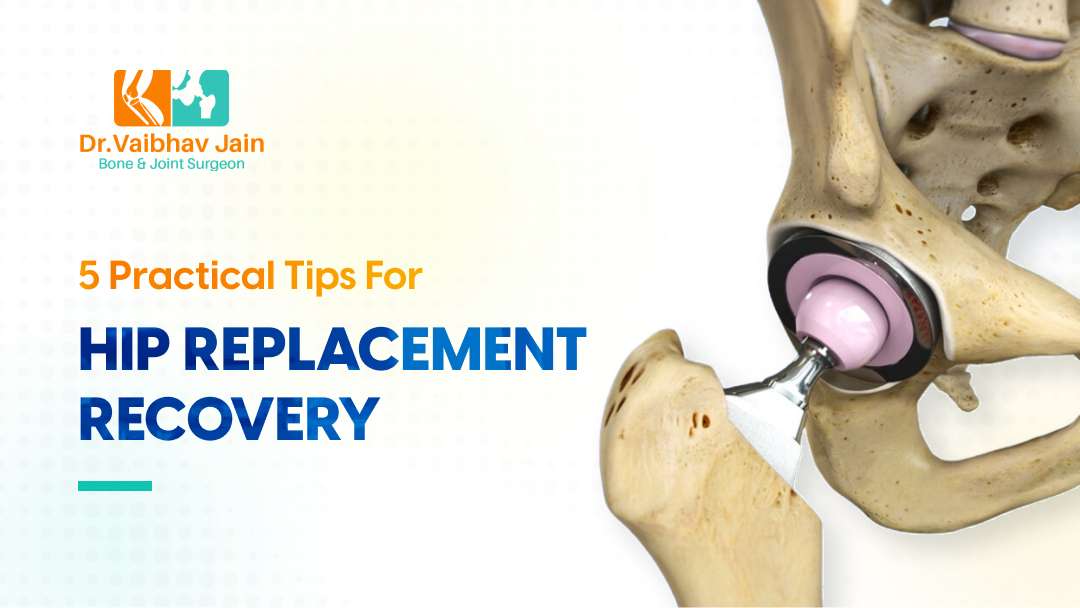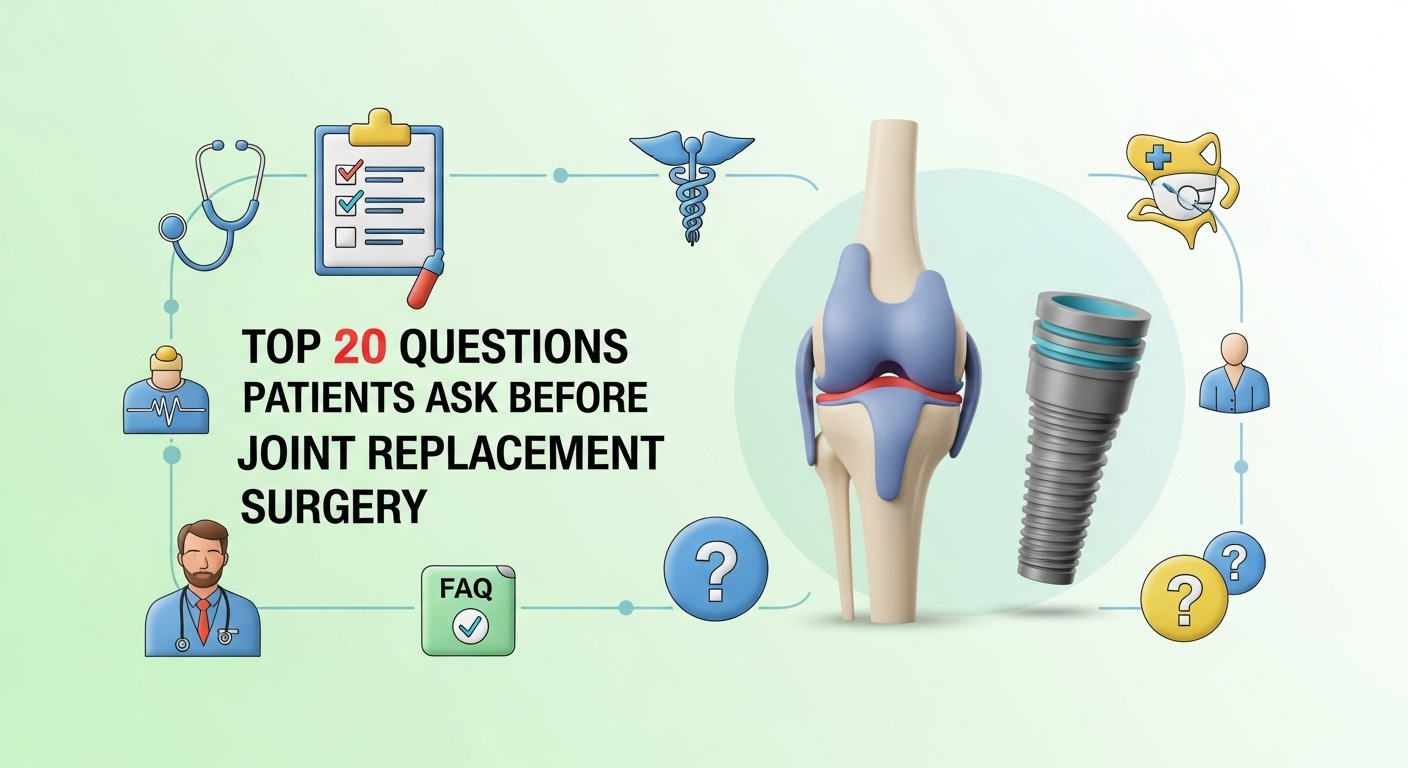Suffering from hip replacement recovery, Hip replacement surgery is a routine surgery today, and it is done frequently across the globe. Patients who wish to undergo the surgery are generally advised to get good rest on a good mattress.
Hip replacement surgery is a routine process. It involves cutting certain portions of the bone and inserting artificial components. Sometimes, surgeons performing Hip replacement treatment require the assistance of a physical therapist after the surgery.
Hip replacement surgery is usually successful. However, there can be some complications during the surgery or during the recovery period. During the surgery, the hip might be dislocated. This can also happen during the recovery period.
Hip Replacement Operation
Hip replacement is a surgery that replaces the ball and socket joint in your hip with an artificial implant. After surgery, you may experience some pain and swelling, but most people recover quickly and are able to resume their normal activities.

When you learn how to use your body correctly again, you will feel better. You will feel less pain, and you will be able to exercise more. It is important to recover properly from the surgery. If the recovery process isn’t right, it leads to delayed recovery, pain, and stiffness in the joint. Here are 5 practical tips for successful hip replacement recovery:
1. Balance Rest And Recovery With Gentle Exercise
The “Four Points of Recovery” (balance, range of motion, endurance, and strength) are goals for patients to follow in their post-op exercise program. Balance exercises develop strength and coordination, prevent falls, and build confidence. Muscles, joints, and connective tissues are strengthened through range-of-motion exercises. Endurance exercises develop cardiovascular fitness, increase lung capacity, and build muscle. Strength training develops and maintains muscle mass. These are especially important for total hip replacement patients.
Gentle exercises are an important component of hip replacement rehabilitation. They maintain the muscles around the hip and knee, improve balance, and help patients tolerate their postoperative pain and medication.
2. Follow The Doctor’s Instructions Carefully.
Be sure to take all of the prescribed medications as directed, and avoid any activity that will increase your pain or make you feel dizzy or lightheaded.
The successful replacement of hip hinges on how well the patient follows the doctor’s instructions. Patients need to be aware about what not to do during their hip recovery. The hip surgery recovery process is however, not life-threatening, but the patient must be careful during the recovery stage.
A post-operative patient needs to follow the doctor’s instructions on how to get the proper rest after surgery. The patient may not drive for the first six weeks after hip replacement treatment. The doctor is also likely to prescribe some pain relievers for pain relief and mobility.
The patient must avoid engaging in any strenuous activities; they should also elevate their leg to reduce swelling.
3. Rest As Much As Possible.
If you can, try to stay in bed for at least the first few days after surgery. Avoid strenuous activity until your surgeon says it’s okay.
Hip replacement surgery is a major procedure that requires a lot of physical and emotional healing. The best way to ensure a successful hip replacement recovery is to take it easy and rest as much as possible. Here are some practical tips for recovering from hip replacement surgery:
- Keep your activity level low at first.
- Make sure you have plenty of fluids and nutrients during your rehabilitation period.
- Get enough sleep
- Avoid stressors as much as possible
4. Ice Your Injury Regularly.
Ice therapy helps reduce inflammation and pain, and it also helps speed up the healing process. Make sure to ice your hip at least four times per day for the first week after surgery, and then continue icing every few hours as needed.
Apply ice packs or cold compresses to the area around your incision twice a day for 20 minutes each time. This will help reduce swelling and inflammation, which can make the healing process more difficult.
Additionally, make sure to avoid strenuous activity until your injury has healed completely.
5. Take Care Of Yourself Emotionally Too
After surgery, it’s important to take care of your emotional well-being too. Talk to friends and family about what happened during surgery so they know how you’re feeling and what not to expect.
It’s easy to fall into a negative mindset after a surgery like hip replacement, but try to stay upbeat and optimistic throughout the entire process. Keep a positive attitude; remember that this is only one phase in your life journey! This way, you’ll have an easier time recovering emotionally and physically from this life-changing event.
After undergoing major surgery, you need time to heal and recover. Make sure to get enough sleep and avoid overexerting yourself. This will help reduce the risk of postoperative complications like infection or blood clots.
At Last
If you have any questions about how to properly recover from hip replacement surgery, don’t hesitate to contact our team at drvaibhavjain.com. We would be happy to help you get started on a successful Hip Replacement Recovery plan. Furthermore, if you have any questions related to hip replacement treatment, then let us know by book an appointment with orthopedic surgeon.






